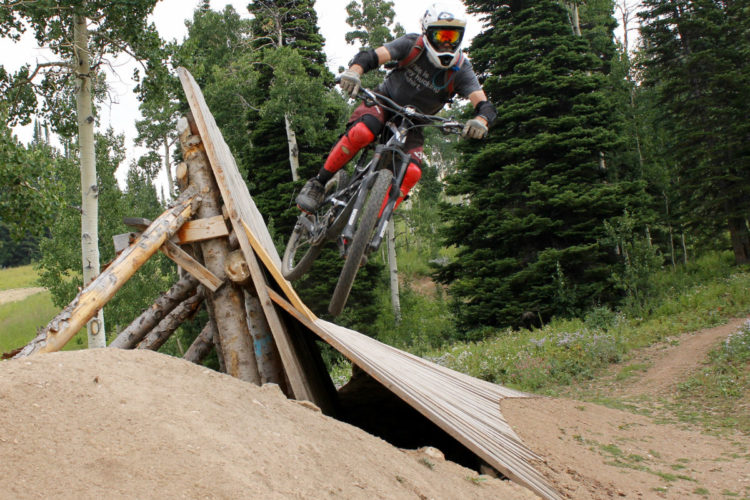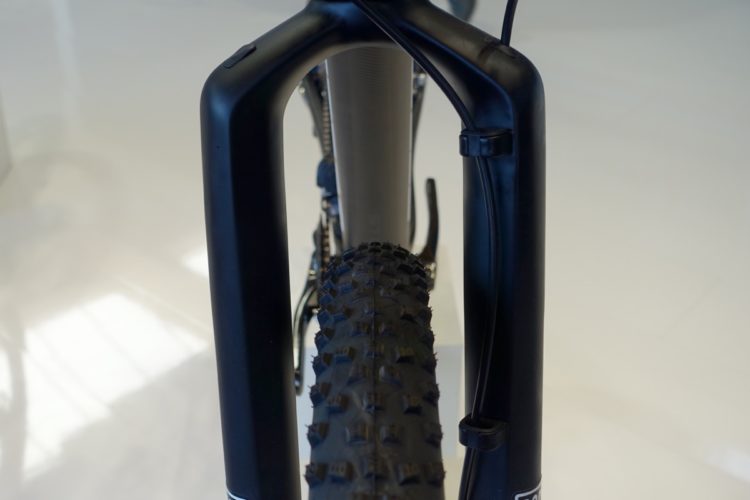
We are young
Wandering the face of the earth
Wondering what our dreams might be worth
Learning that we’re all immortal . . . for a limited time
from “Dreamline” by Rush (lyrics by Neil Peart)
Music is full of profound statements. Sometimes a single short sentence or phrase stands out as particularly meaningful. “. . .we’re all immortal. . .for a limited time.” Wow, if that ain’t the truth! As teens and twenty-somethings, we’re all 10 feet tall and bulletproof. Somewhere in our 30s most of us start to get a glimpse of reality. By our 40s, we come to understand that we now break a lot easier than we used to and, once broken, it takes longer to heal. Seeing the inevitable encroachment of time, we passively accept new limitations and expend what little energy we have left lamenting our loss or bragging about how good we were. What a sad way to spend what for most of us will end up being the majority of our lives! Why is it that so many choose to age passively, to rail in vain against the natural order of things, or worse, to say that since one’s best days are behind, why look forward?

Hope I die before I get old
from “My Generation” by The Who (lyrics by Pete Townshend)
When The Who brought forth their great youthful anthem, they were railing against an attitude rather than a natural order. The good news is that very little of one’s attitude need be driven by age. We need not become those stodgy old characters, pining for the old days and criticizing the new. Similarly, we need not passively accept age-related degradation. While nobody has the same physical potential at 50 that they did at 20, the slide need not be quite so steep, and other aspects of age can help compensate. Truly getting in tune with one’s body takes years and that understanding can be invaluable. Developing mental stability and the ability to pace one’s self can lead to greater overall performance. Above all, it takes most of us quite some time to settle into our own skin, and only then can we reach our own potential.
Two mountain bike encounters stand out for me ,and I keep them in the forefront of my mind whenever I feel like I’m “getting too old for this.”
- I attended a BetterRide mountain bike skills clinic in 2005. At age 41, I was the second oldest of the seven students. The oldest? A retired college professor who was 63! 63 and taking a basic biking skills camp. The camp was in Fruita and we spend a lot of time in the 18 Road area. After drilling on proper cornering and wheelie technique, we headed up Prime Cut to the semi-infamous rock obstacle so many tourists insist on going around. Only two of the seven campers cleaned the rock… me, and the 63-year-old retired professor.
- While badly sucking wind at 11,000 feet climbing the Searle Pass portion of the Colorado Trail above Copper Mountain, I was passed by what looked like Father Time himself. Wrinkled, weathered, and a grey beard flowing almost down to his handlebars, this man breezed by me as if he was riding on a smooth, level trail at sea level. As he passed, I shouted out “I wanna’ be you when I grow up!” (I was 42 at the time). He looked back at me over his shoulder and hollered back, “I’m never gonna grow up!”

And then one day you find ten years have got behind you
No one told you when to run, you missed the starting gun
From “Time” by Pink Floyd (lyrics by Roger Waters)
Baggage is bad. Carrying baggage wastes time and energy, our two most precious resources. Time in particular is a non-renewable resource. Once it’s gone, there’s nothing we can do to regain it. That’s why wasting time is so tragic. That’s why we tend to agonize over things we should have done differently. But that agonizing only perpetuates the process of wasting time. As tragic as the loss of past time may be, the one thing even more tragic is wasting the time we have left. Worrying about the past only prevents us from fully enjoying the present and preparing for the best possible tomorrow. “Could’a,” “Should’a,” and “Would’a” ought’a be four letter words, as they add nothing to the joy of life. Part of growing up is learning to shed baggage. Those who keep dragging it around get old. My relatively late entry into mountain biking brought with it both baggage as well as the wisdom to leave it behind.
I didn’t get my first bike until age 35, and the sport immediately provided me with a unique pleasure which literally transformed my life. It made me both fitter and happier. The benefits were physical, mental, emotional, and spiritual. Having found such enjoyment, I soon began to lament the fact that I had waited until middle age to get started. At 35, I had already peaked physically and knew I would never be the cyclist I could have been. I found the situation intolerable. How could I have denied myself this? Just think of all the great experiences I could have had, all the great trails I could have ridden, had I started earlier! Look at all I’ve missed! But as I matured over the next few years, I realized all that negativity was impacting my ability to enjoy the wonder that was currently laid out before me, and I resolved to waste not one iota of thought or energy lamenting what could have been, but rather I exploited it in service of what is and what could be.
Hours are like diamonds, don’t let ‘em waste
Time waits for no one, no favors has he
Time waits for no one and he won’t wait for me
From “Time Waits for No One” by The Rolling Stones (lyrics by Mich Jagger and Keith Richards)
The concept of a mid-life crisis is very easy to understand. Once halfway to the grave, a person finds out life isn’t what was expected or desired. Then the person goes out and engages in extreme behavior in an attempt to regain and relive what was perceived as lost youth. Maybe he buys a Harley or a red convertible, hooks up with a hottie half his age, and expects to find lost fulfillment. I’ve not heard of any cases where this worked. There are healthier ways to approach this, both physically and emotionally, and I can think of no better way than cycling. It keeps a person fit, clears the mind, and lifts the spirit. It is healthy in all the ways typical mid-life crises are unhealthy.
A quarter century from now, I plan to paraphrase the great bluesman, Buddy Guy, from his anthem in defiance of age, “74 Years Young,”
When it come to Riding (original lyric: when it come to Loving), I ain’t never done
I’m seventy four years young!



















